"It was when my uncle passed away that I saw my family members struggling to calculate Iddah using the Islamic calendar, and I knew at that moment there needed to be a better way to offer support and guidance to those experiencing the same difficulties."
These are the words of Shahan Mohammed, founder of the Iddah Guide – a universal online tool enabling recently-divorced and widowed women to calculate their Iddah period.
When Shahan saw the difficulties that the women in his family were facing during this time of grief, he knew he wanted to create tools that could ease the process while helping them follow the correct Islamic rulings.
Fast forward a few years, Shahan has produced an online calculator that tells women the duration of their Iddah period and when it starts/finishes just by answering a few questions.
Here's an example of what the Iddah guide can show you once you have filled out the relevant information:
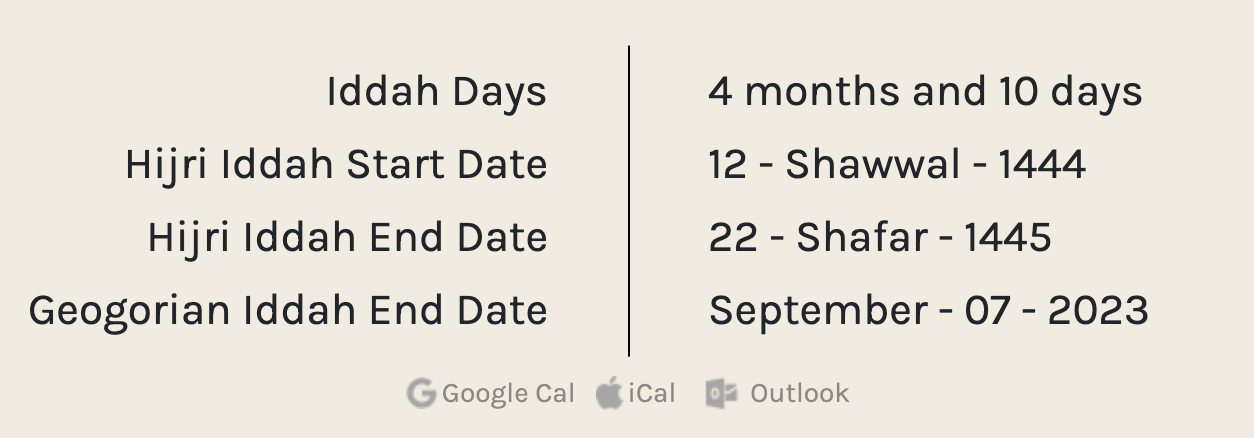
As you can see, the guide provides both the Islamic calendar dates and Gregorian dates for the Iddah period making it simple to know the period to observe after a divorce or death of a spouse.
The Importance of Understanding Iddah
The reality of this life is that relationships inevitably come to an end be it through the death of a spouse or through divorce.
"Know that this worldly life is no more than play, amusement, luxury, mutual boasting, and competition for wealth and children." - Surah Hadid 57:20
This is where Islam places rulings in certain circumstances as a form of ease through the many hardships we may encounter in this world.
The Iddah period gives a woman a set amount of time to grieve and process what has happened by requiring them to stay home and only attending to necessities and medical visits. (Note: the Iddah period can vary depending on individual circumstances so it is always best to check with a notable person of knowledge to clear any confusions).
As agreed by scholars, one of the main reasons for this waiting period is to ensure that the woman is not pregnant with her former spouse's child. If she is, the Iddah period remains until the baby is born.
Shahan, technology expert and founder of the Iddah Guide, goes on to mention how women need friendly and supportive resources to aid them through such an emotionally-difficult time.
The Taboo of Iddah Within Our Communities
As Muslims, we know that often culture and religion can clash. Where Islam provides a simple and practical approach to every situation, culture and traditions can sometimes complicate things.
Through culture, a lot of concepts that need to be spoken about end up becoming a’aib (shameful and culturally unacceptable).
"As a Muslim man, I noticed that many people in my circle did not understand what the Iddah period was and I witnessed my aunt struggle a lot." – Shahan Mohammed.
While the Iddah period is a time to process grief, there should be no shame or judgement shown towards women who focus on self-care, positive thoughts and healing physically and mentally.
In fact, wallowing in the pain and neglecting our health is a lot more detrimental long-term. This is why, as a community, we need to encourage our women to have a more positive outlook, as well as helping them engage in good thoughts of Allah SWT.
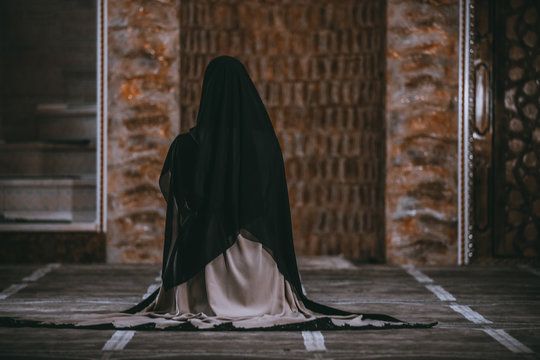
How Can We Help the Women Around Us During Times of Divorce and Grief?
Perhaps we already know a sister who has sadly lost her spouse or encountered divorce, or maybe it's something we've personally endured – either way the process can be extremely hard-hitting and painful to navigate.
So how can we support women through the early days of this overwhelming change?
📚 Lead Them to Beneficial Resources: In a time of digital transformation, we're blessed to have helpful tools at the touch of a button. Websites like the Iddah Guide can help women find out the duration and finish date of their Iddah period according to the correct Islamic guidelines.
❤️ Create a Support System Around Them: By rallying up friends and family members, we can help our sisters feel less alone in this process which can also help combat intrusive, negative thoughts and depression/anxiety.
✨ Helping Them Focus on the Greatness of Allah SWT: Allah is bigger than the grief, pain and sadness we endure and it's important to remind others of this during their tests. Through constant dhikr and dua, we can connect with our Lord on a deeper level, alleviating the despair being felt.
🌿 Taking up a Positive Hobby: Whether it's journalling, focussing on fitness or even trying new recipes, gaining different interests can shift their mindset through what feels like an overwhelming and ongoing set of emotions.
💕 Support Her Children: If the sister who is in Iddah has children, you'll want to offer support in any way you can. This can be taking the children to school, buying them toys or even teaching them something new while their mother undergoes this very personal experience.
Iddah Guide: Summary
With the advancements in technology and the access we have to information nowadays, we as Muslims should work hard to create tools and resources that can benefit our Ummah. And that's exactly what tech expert Shahan did with his recently-launched Iddah Guide.
By giving Muslim women a very straightforward way to calculate their Iddah period, Shahan is filling the gaps in our knowledge surrounding death, divorce and grief – we applaud your efforts and ask Allah to accept it from you, Shahan! 🤲🏼If you'd like to support Shahan in his work and help the Iddah Guide to be a universal tool for Muslim women everywhere, you can donate to the project via iddahguide.com.


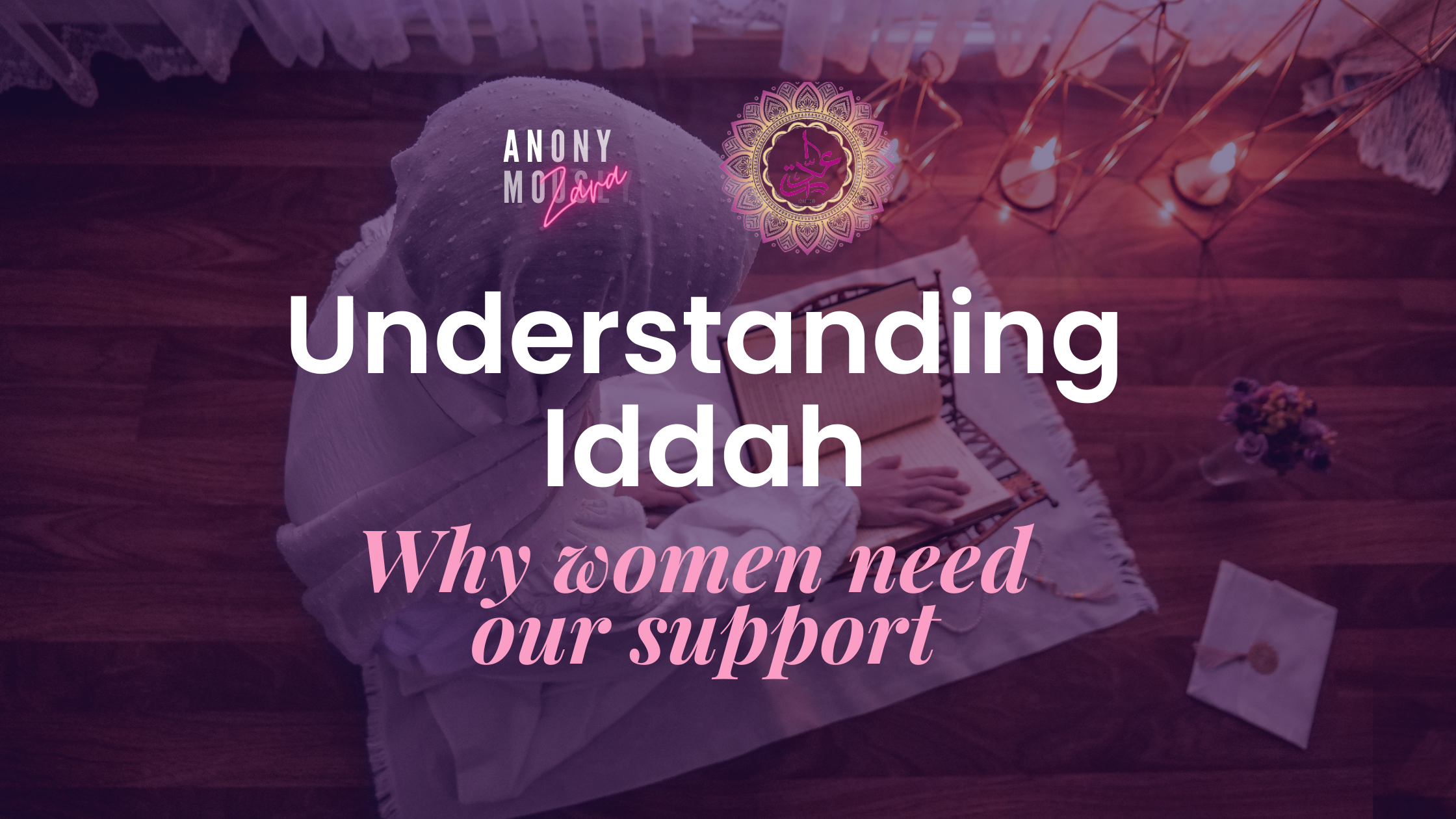

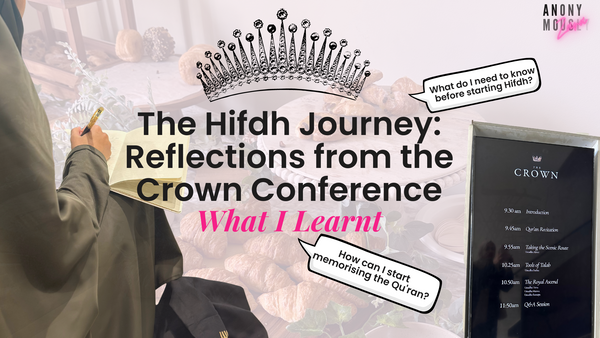
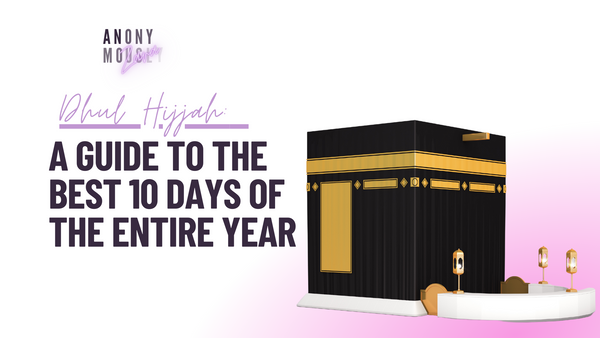


Member discussion